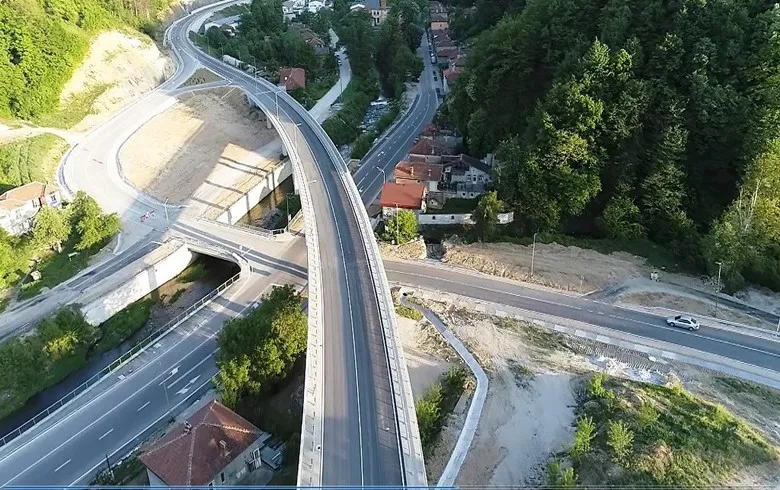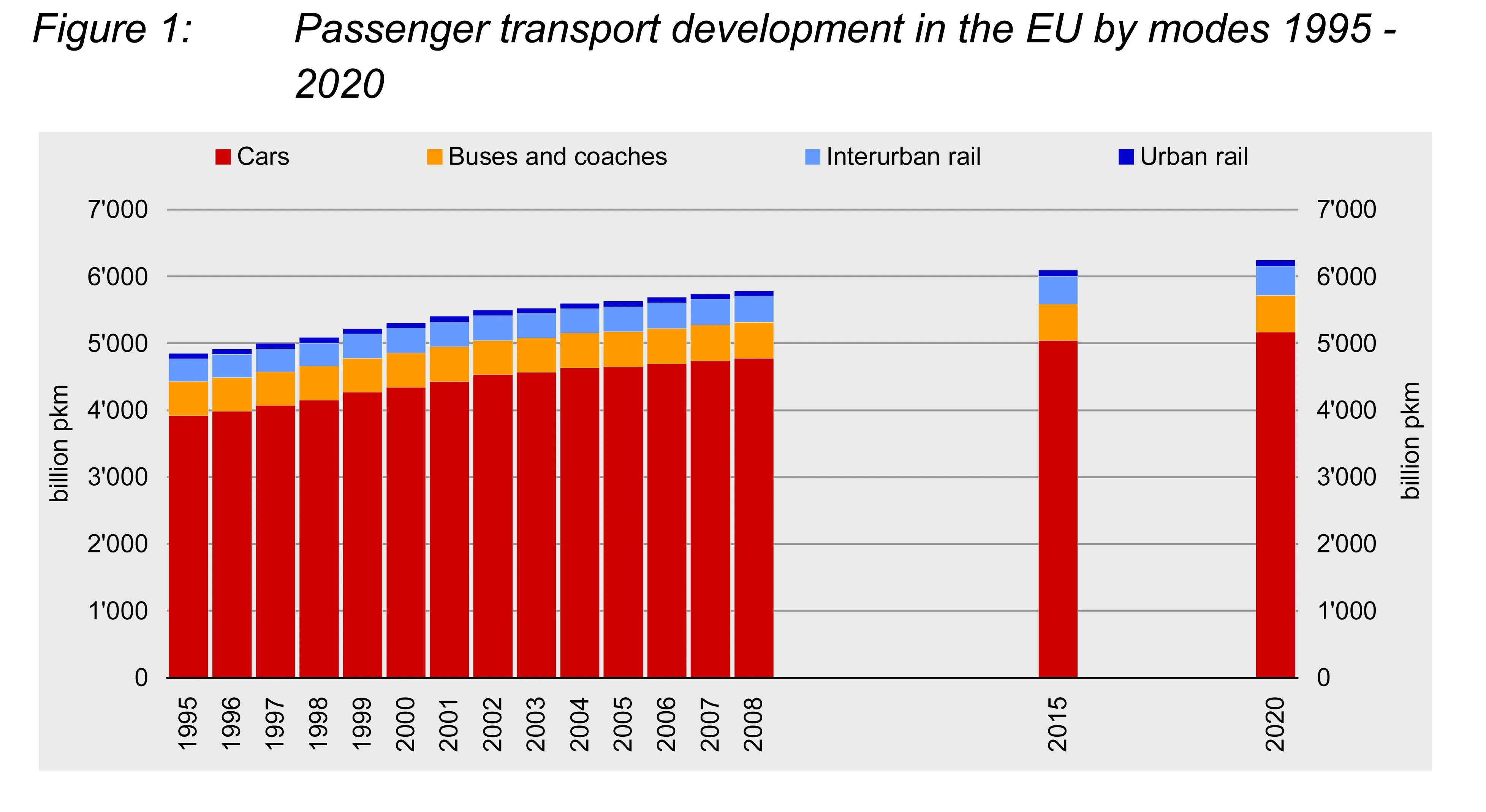
The European Transport Safety Council (ETSC) has issued a solemn rebuke to the continent's efforts to cut road deaths since 2010.
Last year, 22,650 people lost their lives on EU roads - a 3% reduction compared to 2018.
But ETSC's latest analysis reveals that "progress across Europe has disappointed over the last nine years".
European Union countries achieved an overall reduction in road deaths of 24% from 2010-19 (2.7% on average per year).
Member states had agreed to try and cut road deaths by half in the decade to 2020 - but ETSC warns that, "with one year left until full data for 2020 are available, that target will almost certainly be missed".
A 6.7% year-on-year reduction would have been needed - and to reach it now requires a 34.5% drop, which "is out of reach".
Out of the 32 countries monitored by the ETSC, half reduced road deaths in 2019, with the best performers Luxembourg (39% decrease on 2018), Sweden (32%) and Estonia (22%).
Road deaths increased in 12 countries last year, while progress stagnated in four, ETSC found.
Taking the longer view, the Netherlands and UK - while both still seen as leaders in safety - saw more deaths on the road in 2019 than they did in 2010.
ETSC says that France, Sweden and Germany "have also shown disappointing progress over the last nine years with only modest reductions in deaths".
Bulgaria and Romania remain towards the bottom of the pile in terms of road mortality "and have also made below-average reductions in recent years".
However, there were around 7,000 fewer road deaths in 2019 than there were in 2010 across the 27 EU states.
Antonio Avenoso, ETSC executive director, insisted it is not an entirely gloomy picture, saying that "some countries have been quietly undergoing a road safety revolution".
Estonia, Lithuania, Latvia, Greece and Portugal have made the most progress over the decade, with Estonia awarded the ETSC's Road Safety Performance Index award this year.
This Baltic state oversaw a 34.2% reduction in road deaths over the 2010-19 period - which is an annual average change in the number of road deaths of 6.6%.
It now has a level of road deaths per million inhabitants (39) which is comparable to the Dutch (38), a change that ETSC calls "a remarkable accomplishment and a reflection of significant investment and strategic leadership on road safety over several years".
Avenoso says that countries "will need to step up a gear to hit the new targets for 2030".
The coronavirus lockdown has created a mixed safety picture, but a modal shift to cycling and walking, combined with infrastructure changes and slower speed limits "may signal a way forward" in terms of impact on death and injury.
But Avenoso concludes: "If we just revert to business-as-usual after this crisis, the results could be even worse than before."
"There are danger signs already in the large numbers of speeding offences being reported as lockdowns are lifted, which only adds to the work of overstretched police and emergency services."
First published in www.itsinternational.com








